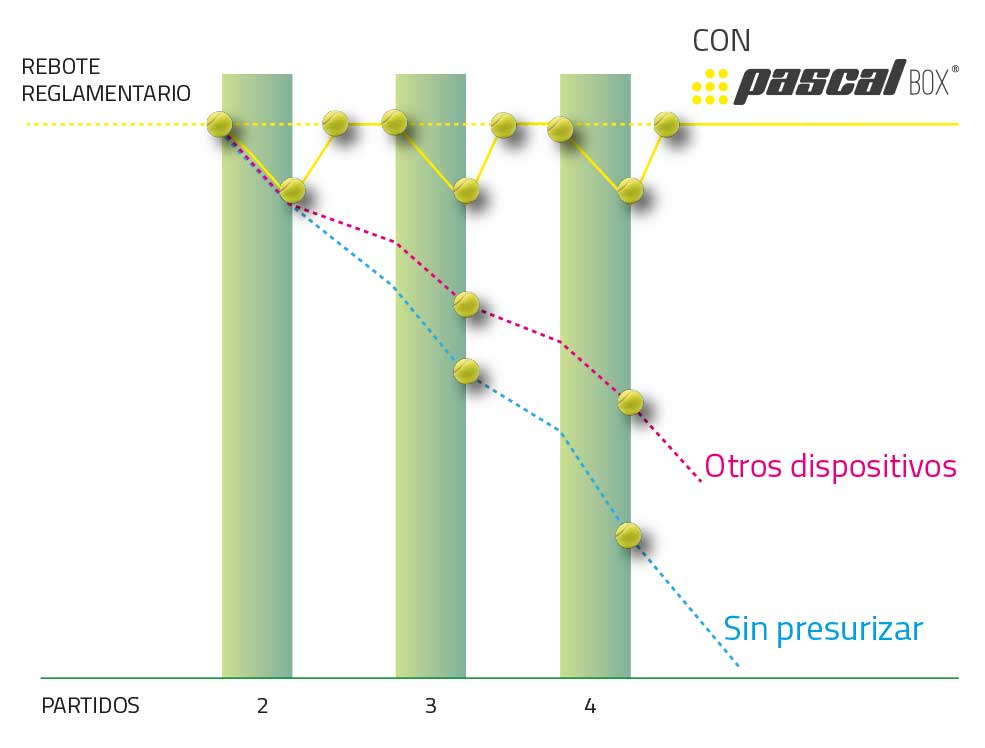
Presurizador para Pelotas de Pádel Bullpadel Pascal Box 3B/ Incluye Bomba Hinchadora/ Capacidad 3 uds

Pascal Box 3B - Único Sistema Presurizador Completo y de Alta Precisión para Pelotas de pádel. Juega con la presión reglamentaria, Siempre. | Miravia

Cargador Presión Pelotas Pascal Box (Presurizador) de segunda mano por 60,5 EUR en L' Eliana en WALLAPOP

PASCAL BOX 3B - El único Sistema Inflador Completo y de Alta Precisión para pelotas de pádel, tenis y frontenis. Juega con pelotas con bote perfecto durante toda su vida útil real.





















